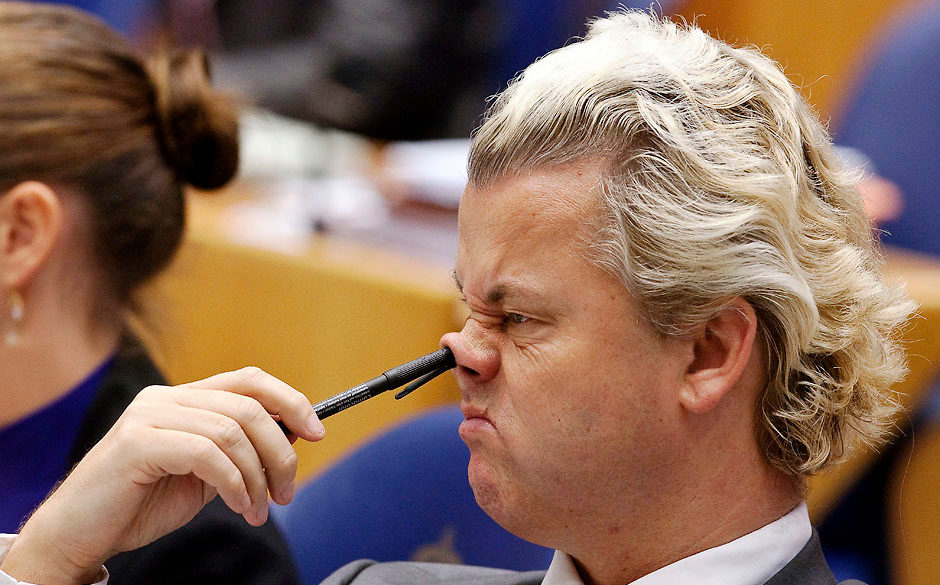The echoes of Mussolini in Trump and the Nazis in the alt-right are blaring sirens to anyone familiar with European history in the two decades leading up to World War II. The differences between yesterday’s madness and today’s, however, are probably just as important to consider, from the tools used to forward a hateful agenda to the shifts in the targets of the animus to the new unholy alliances being forged.
In a Verso interview conducted by Grégory Marin, historian Enzo Traverso examines the appallingly racist, illiberal political movements that have emerged in the U.S. and Europe from what he terms the “fascist matrix.” The principal point he makes is that the new authoritarianism isn’t yet fully defined and where it leads may be the biggest of all threats.
The opening two exchanges:
Question:
Are Europe’s far-Right movements (the AfD in Germany, the Front National in France, Jobbik in Hungary…) adopting the same codes as fascism or Nazism?
Enzo Traverso:
First of all, these movements do share common traits, including their rejection of the European Union, their xenophobia and their racism, in particular in its Islamophobic dimension. Beyond these markers, we can see notable differences. There are clearly neo-fascist or neo-Nazi movements, like Golden Dawn in Greece, Jobbik in Hungary, etc., whose radicalism is often linked to the extent of the crisis, even if in Greece the rise of Syriza did put a lid on this dynamic. As for France, the Front National does have a fascist matrix, and there are certainly neo-fascists in the party, but its discourse is no longer fascist. After all, it has made a considerable effort at ideological mutation, and that is one of the keys to its success. If it still advanced neo-fascist arguments it would not get a hearing, and could certainly not hope to reach the second round of the presidential election.
Question:
Why call these parties “from the fascist matrix” post-fascists and not-neo-fascists? How do you characterise this post-fascism?
Enzo Traverso:
It is a transitional category. Post-fascism is a concept that attempts to grasp a mutation process that is still underway; the FN is no longer a fascist movement, but it is still far-Right and xenophobic, and it has still not broken the umbilical cord that links it to its fascist matrix. We do not know what that will produce. This could end up — if the European Union were to break apart and the economic crisis were to deepen — transforming into a clearly fascist alternative. That has happened in the past. Or it could take on new characteristics and integrate into the system, like the Movimento Sociale Italiano did in the 1990s, becoming a component of the traditional Right. This is an open process, for within the tendency I call “post-fascist” there are also political movements born in recent years that are not fascist in origin, for instance UKIP in England or the Lega Nord in Italy, which are converging together with this current; indeed, Matteo Salvini and Nigel Farage have good relations with the Front National. This notion does not seek either to play down the danger or to make it more acceptable, but to understand it, the better to combat it more effectively.•

